Learn about five incredible species worth defending this Endangered Species Day.
On this Endangered Species Day, we stand at a critical crossroads for the future of our planet.
Some paths will lead us to a world where an eagle’s flight is only a distant memory, and the splash of a whale’s tail can only be appreciated on TV screens. This road becomes more grim with time, as the collapse of individual species will cascade into the loss of entire ecosystems we depend on for survival.
Other paths offer more promise: A future where biodiversity flourishes, endangered species roam free, and humans have learned how to live in harmony with nature. This is the road that thousands of nonprofits and communities hope we’ll take. One small step you can take today is to learn about and protect endangered species.
Here is a list of five inspirational but endangered species to know about:
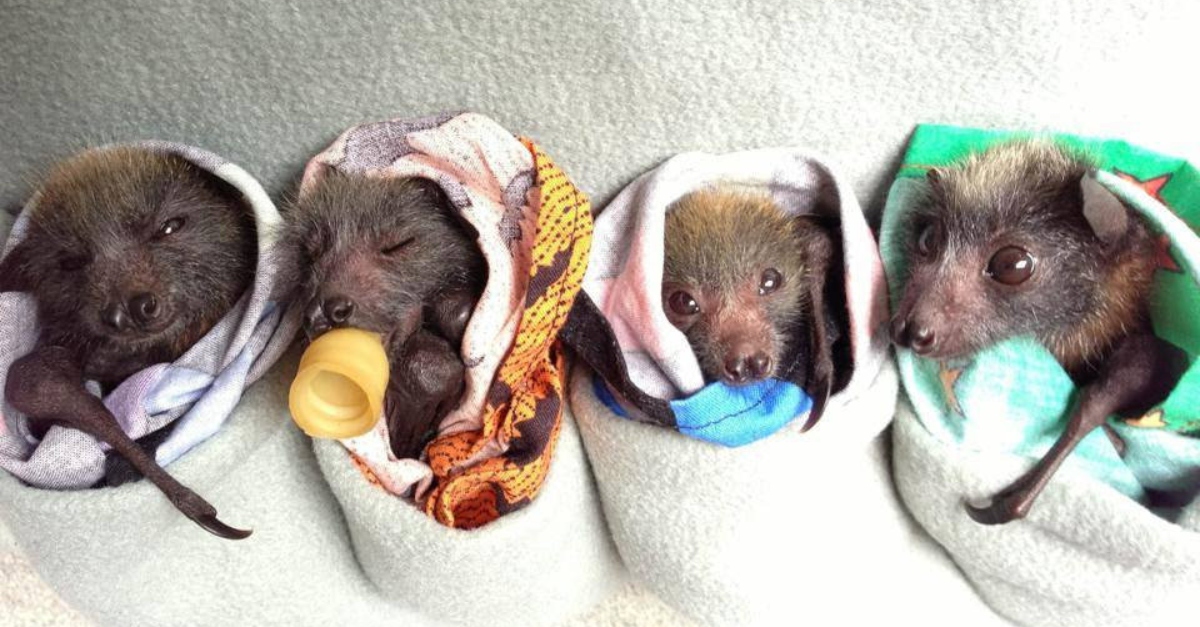
Photo: Sydney Wildlife
Flying Foxes—named for their striking resemblance to foxes—soar above canopies and mangrove-lined coasts in Australia. As they search the skies for food, they drop around 60,000 seeds along the way, which makes them one of the country’s most prolific pollinators and spreaders of the country’s iconic forest ecosystems, like the Eucalyptus forests that house the famous Koalas!
But this endangered species is up against a host of challenges: heatwaves, power lines, fractured forests, and urbanization, just to name a few. The WWF estimates that more than 10% of Flying Foxes have died in heat stress events in the last 15 years.
As more injured baby bats struggle with city and suburban living, nonprofits like Sydney Wildlife are stepping up to house, feed, and return more baby bats to forests than ever before.
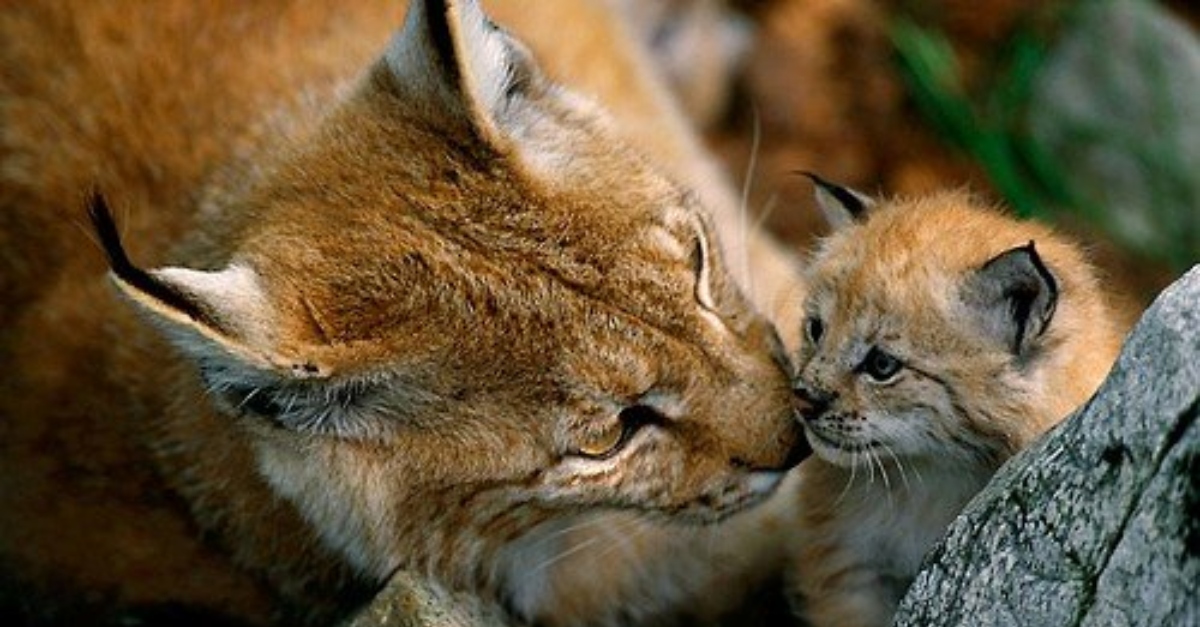
Photo: WWF Bulgaria
The Lynx can spot a mouse from 250 feet away, even in the dark of the night when they prefer to hunt. Less viewable, perhaps, is what would one day come of their home: an increasingly desolate void from years of commercial logging, construction, and waste that is chipping away at Bulgaria’s woodland ecosystems.
Lynx are on the brink of becoming myths, something one can only experience from story, photo, documentary, or at the zoo. To help them reclaim their position as forest co-rulers, the team at WWF Bulgaria is working to officially protect forests at national and local levels.
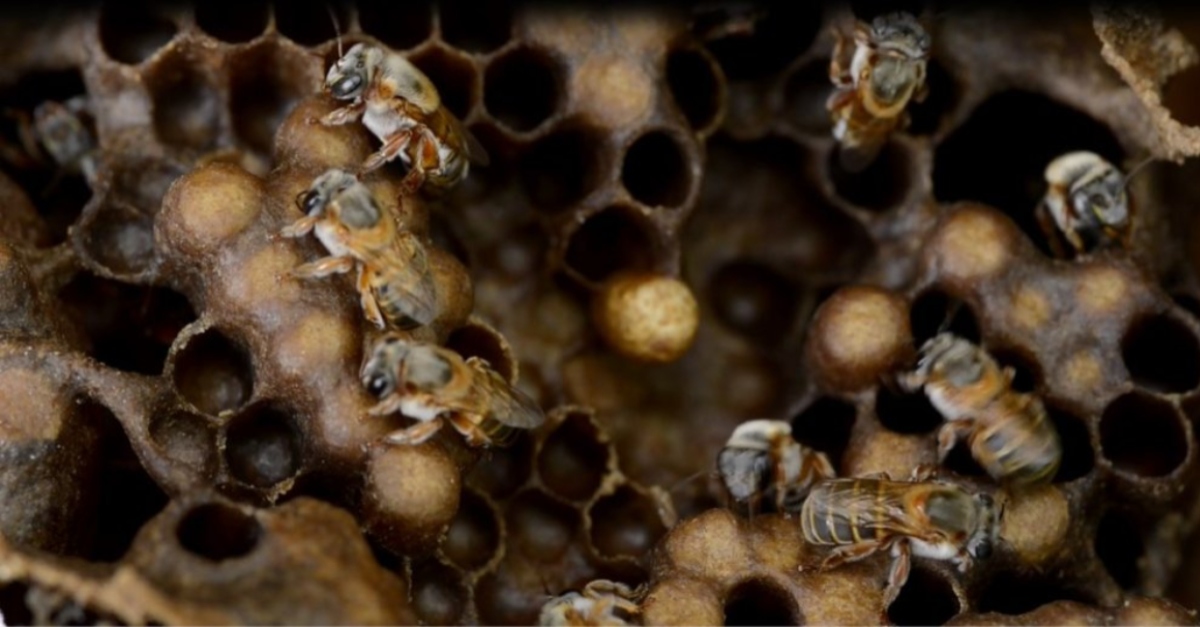
Photo: Fundacion por una Nueva Solucion
Melipona bees are a unique species without a stinger! For centuries, the Mayan people and the Melipona bees traded protection from natural predators for easy access to honey, earwax, and pollen with a host of celebrated qualities. The bees were considered a gift from the gods to humanity, and they were often extracted by the community Shaman to be used in ceremonies, medicine, and tribute payments.
Now, the Melipona bees are struggling without protection after the rural exodus of the mid-1980s and changing cultural trends made Melipona beekeeping seem antiquated.
More recently, however, the cultural tides are changing again and nonprofits like Fundacion por una Nueva Solucion are restoring the age-old mutualistic relationship. Now, Indigenous women struggling to make ends meet can earn an income, reconnect with their roots, and care for an incredible species through beekeeping.
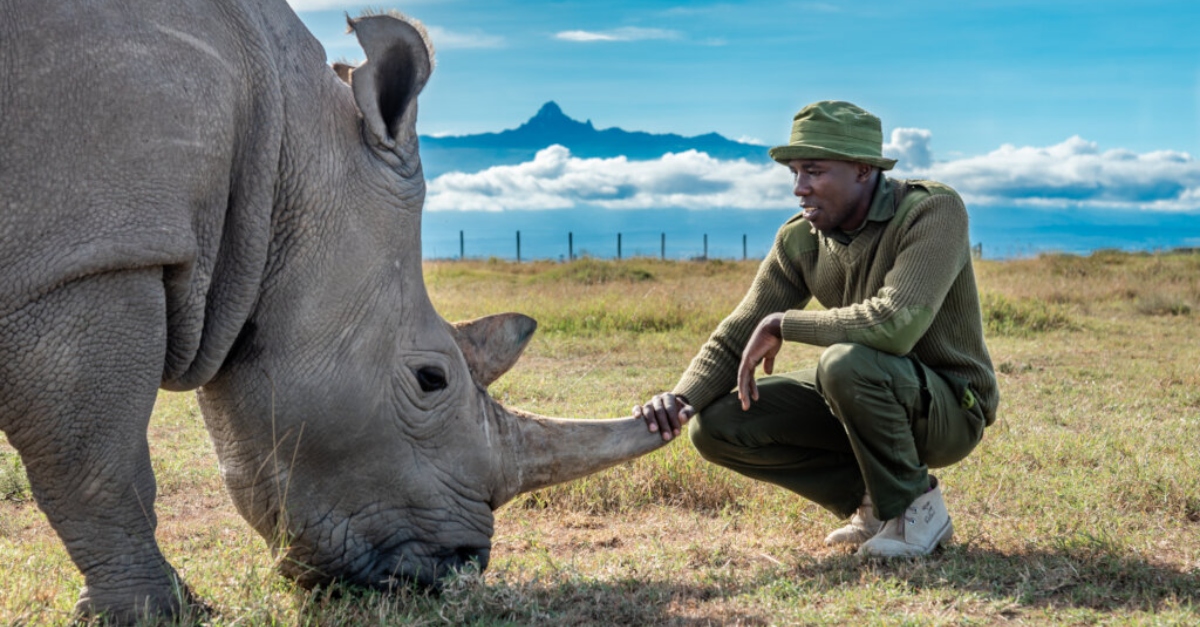
Photo: OI Pejeta Conservancy
The endangered white rhinoceros once roamed freely across several African countries. Now, the northern white rhino is functionally extinct in the wild, with only two known individuals remaining at the OI Pejeta Conservancy in Kenya, one of GlobalGiving’s trusted nonprofit partners.
Despite the dire situation, there is one glimmer of hope: The nonprofit has collected 30 eggs from Najin and Fatu, who are mother and daughter, over the last four years and will introduce these eggs to southern white rhino surrogates. The hope is these embryos will be the foundation of a new northern white rhino population and reclaim the lost role of keystone grazers in Africa.
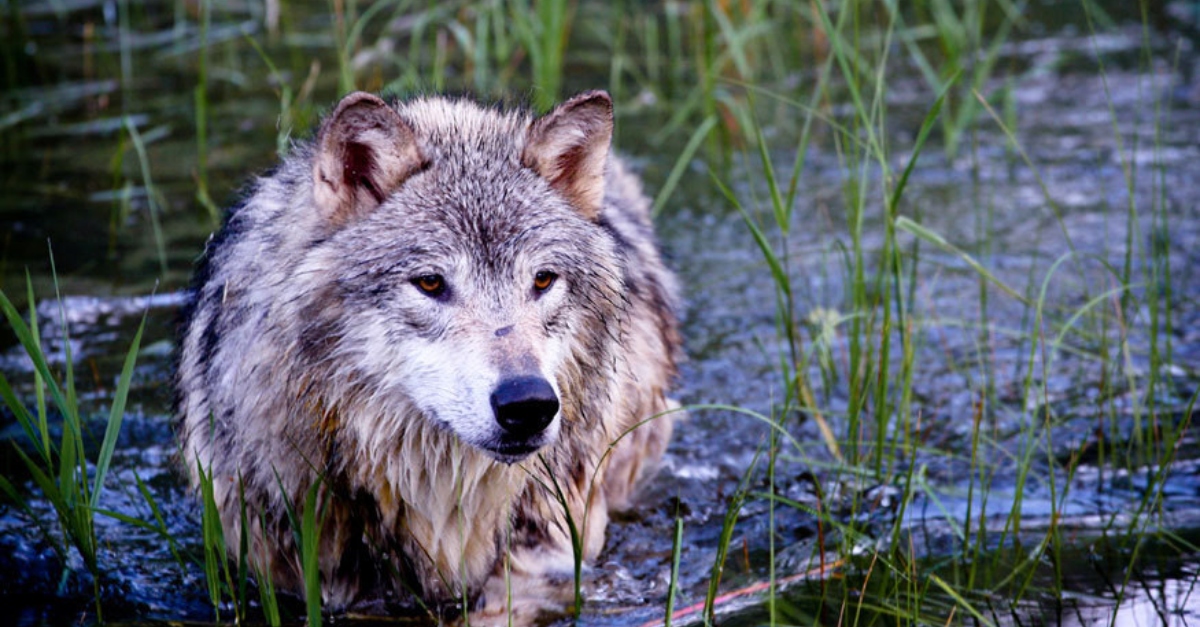
Photo: National Wildlife Federation
Some 2 million wolves once freely roamed North America, living and hunting in close packs. This keystone species plays a crucial role in maintaining healthy ecosystems by regulating prey populations and positively influencing the abundance and distribution of plant species.
In Yellowstone National Park, the loss of wolves meant the proliferation of deer that grazed away at much of the vegetation in the park. When wolves were reintroduced to Yellowstone in 1995, the real change came from changing the behavior of the deer. As the deer began to avoid certain areas, forests and prairies revegetated, creating homes for more birds, beavers, otters, and fish, to move into.
The National Wildlife Federation is replicating this success story by supporting Colorado’s wolf reintroduction program. Their team is working with other local actors to build relationships with local ranching communities and develop a plan to stop or reduce the depredation of livestock to reduce opposition to the presence of wolves in Colorado and maintain balance between humans and wolves.
This Endangered Species Day, we must remember it’s not too late to keep the howl of the wolf and the sacred flight of the bees alive. Together, we can restore habitats, reintroduce species, and bring vegetation back to depleted lands on the brink of collapse.
Make a donation this Endangered Species Day to protect animals in danger and restore their habitats.
Find exactly what you're looking for in our Learn Library by searching for specific words or phrases related to the content you need.